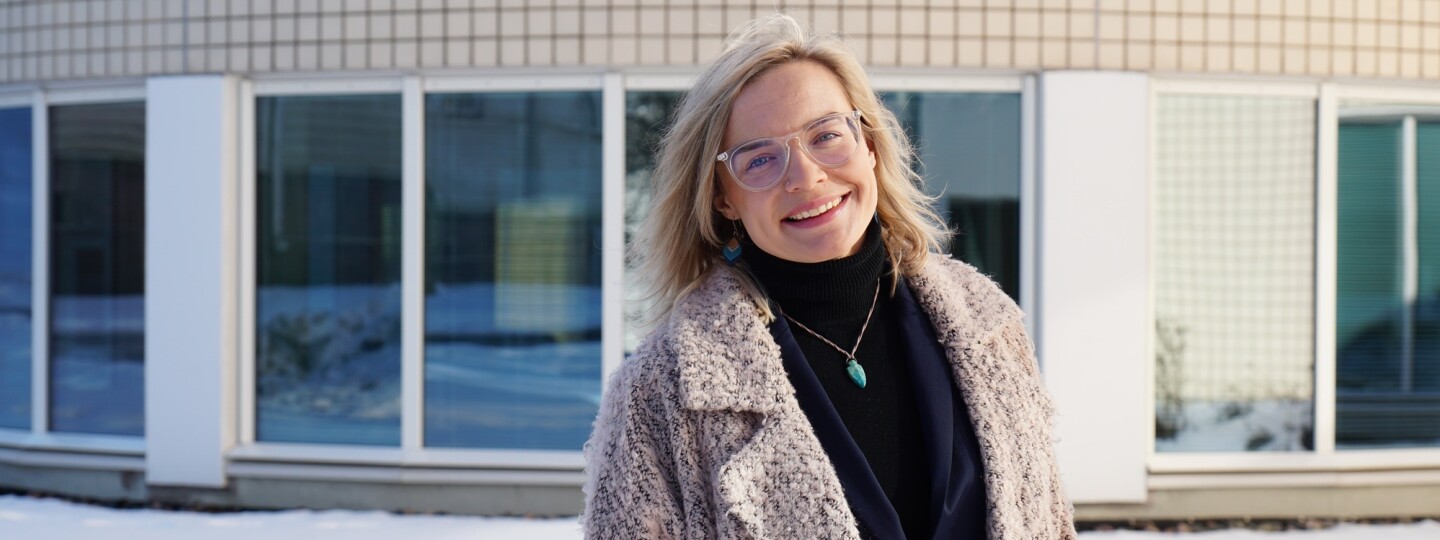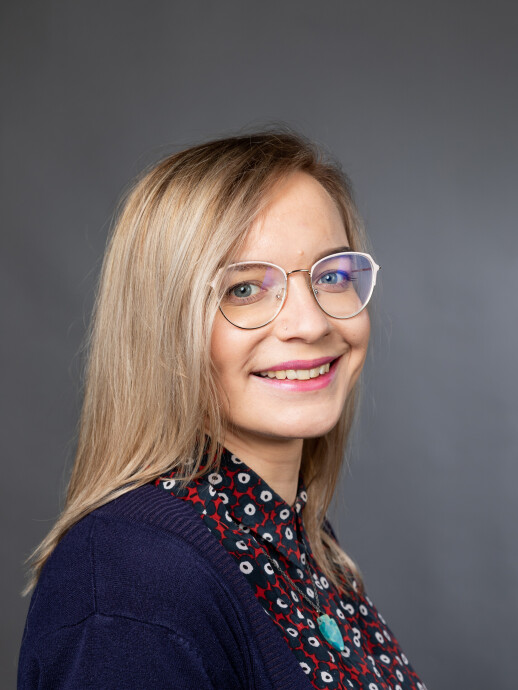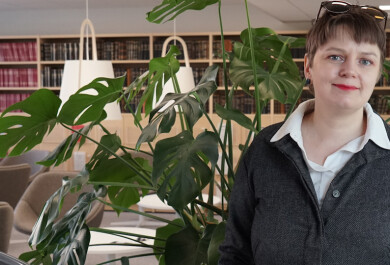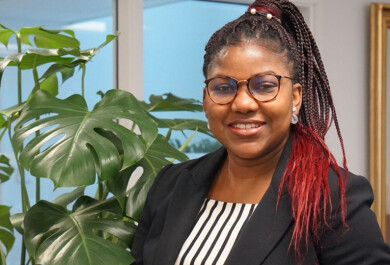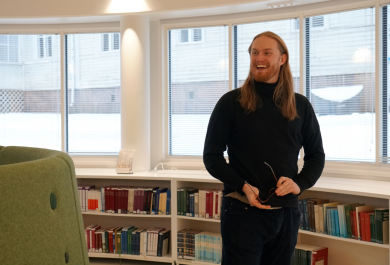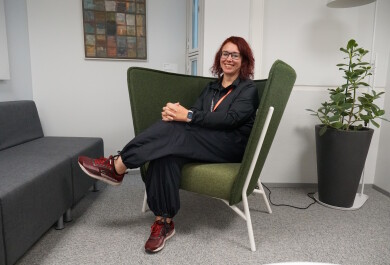The Researcher in Spotlight is a series which introduces the researchers of the Faculty of Law. We are presenting now Postdoctoral Researcher Hanna Malik.
Position in the Faculty of Law: Postdoctoral Researcher
Degrees: Dr. iur, LL.M (Goethe Universität)
Fields of interest: socio-legal studies and criminology, comparative legal research, criminal law, critical algorithm studies, labour exploitation and human trafficking, state-corporate crime, social harms and zemiology
Describe your career path. What led you to where you are today?
I studied law in Poland, in my hometown, at the University of Lodz. I was always interested in questions of criminal law and comparative law, but I did not imagine staying in Academia. My plan was to become a prosecutor and indeed, during my studies, I was able to train at the prosecutor’s office. However, at the time the political pressure on prosecutors began to be noticeable. Thus, after graduation instead of continuing my training, I applied for a DAAD-scholarship to study law in Germany.
In the next few years, parallel to my studies, I worked in small Polish-German law offices in Frankfurt am Main and later in Berlin. I dealt mainly with family law and criminal law, cross-border cases. Taken together these experiences have shaped my current approach to research informed by comparative, law-in-context studies. During my doctoral research at the Center for Interdisciplinary Polish Studies (ZIP) of European University Viadrina in Frankfurt (Oder), throughout regular interdisciplinary seminars with colleagues researching in the field of economy, sociology, history and gender studies, I developed strong interest in interactions between law, society and power.
In my doctoral dissertation, I analysed substantive models of corporate criminal liability (CCL) in Poland and Germany, and their convergence around risk- and compliance management systems. While focusing on fundamental questions of criminal agency and allocation of responsibility, I have extended the dogmatic analysis by scrutinising the emergence, evolution and implementation of corporate (quasi)criminal liability laws in both countries in a broader historic and socio-economic context.
Through mutual interests in CCL I met professor Anne Alvesalo-Kuusi and docent Liisa Lähteenmäki. I was able to join them at the Faculty of Law as Visiting Researcher at first. I planned to stay for 3 months. This was in August 2016, yet the community and research atmosphere of Calonia kept me in Turku until now.
What projects are you currently working on?
Currently, together with my colleague Dr Jon Davies from Manchester University, I am working on a monograph The Organisation of State-Corporate Crime and Violence in the Construction Industry in the UK and Finland for a Routledge Book Series ‘Studies in Organised Crime’. With this book, we explore an important challenge for law and regulation in accelerated societies: the harms resulting from flexibilisation and fragmentation of labour markets. We seek to contribute to the state-corporate crime literature by integrating insights from industrial relation studies and zemiology.
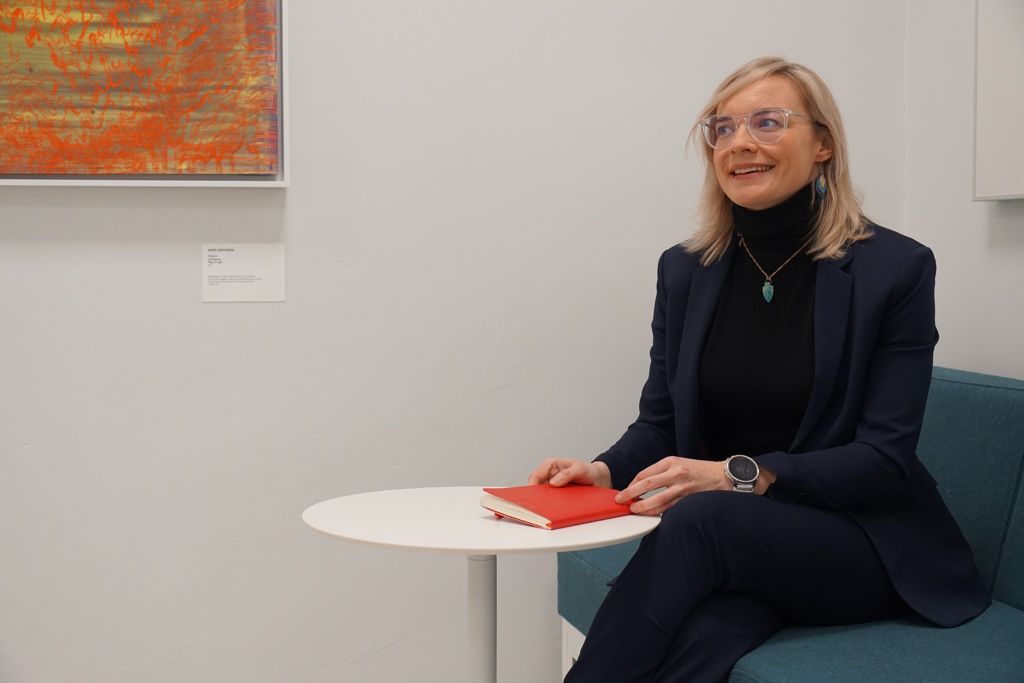
Malik is currently working on a monograph which explores the harms resulting from flexibilisation and fragmentation of labour markets. Photo: University of Turku / Minna Nerg.
We draw empirically from over three years of postdoctoral research conducted separately, as well as collaboratively, and with colleagues from HEUNI in the framework of European Research Council funded project Labor Perspective on Human Trafficking (TraffLab) (University of Tel Aviv). On my part, I draw predominantly from the exploratory research study Formation of Labour Exploitation - FOLE funded by Scandinavian Research Council of Criminology, and supported by TraffLab. In that project, building on qualitative, semi-structured interviews, I studied the work experiences of vulnerable workers and their efforts to organize, change and contest unfair working and employment conditions.
Moreover, lately I have returned to the comparative perspective on regulation of corporate misconduct in the project Democratization of corporate punishment (DemoCCL), which seeks to explore the transformative potential of corporate criminal liability laws in relation to structural harms by studying a triad of interconnected legal developments: (1) reforms of corporate sanctions included in CCL, (2) integration of risk-and compliance management systems into CCL and (3) legal and extra-legal instruments aimed at providing relatively powerless groups with voice and decision-making power. The comparative mode of analysis serves to unravel the role of cultural memory in relation to transformative potential of corporate punishment.
Have your interests evolved since finishing your studies?
From the beginning of my academic activity, I have been committed to comparative perspectives to law as societal phenomena. However, only after the doctoral phase, I have shifted from dogmatic analysis of criminal law to critical socio-legal analysis of regulatory approaches to state-corporate abuses of power at the intersection of political economy and criminology. Theoretically grounded in state-corporate criminology and zemiology, my postdoctoral research develops along two axes, first, harms connected to AI-transformation and digitalisation of public domain, second, harms connected to flexibilisation and fragmentation of labour markets, as well as the ambiguity of their control and regulation in accelerated societies.
What would you be, if you were not a researcher?
As a teenager, I was seriously considering becoming an actress. However, after consultations before the exams to the film school I changed my mind. I felt uncomfortable being judged by my appearances. Still, I feel great passion for movies. My dream would be one day to channel this passion into documentary-making. In a long-term perspective, this dream might become a reality in cooperation with professor David Whyte, Anne Alvesalo-Kuusi and colleagues from University of Turku in the framework of a research project on sustainability in the forest industry, which we begin to develop.
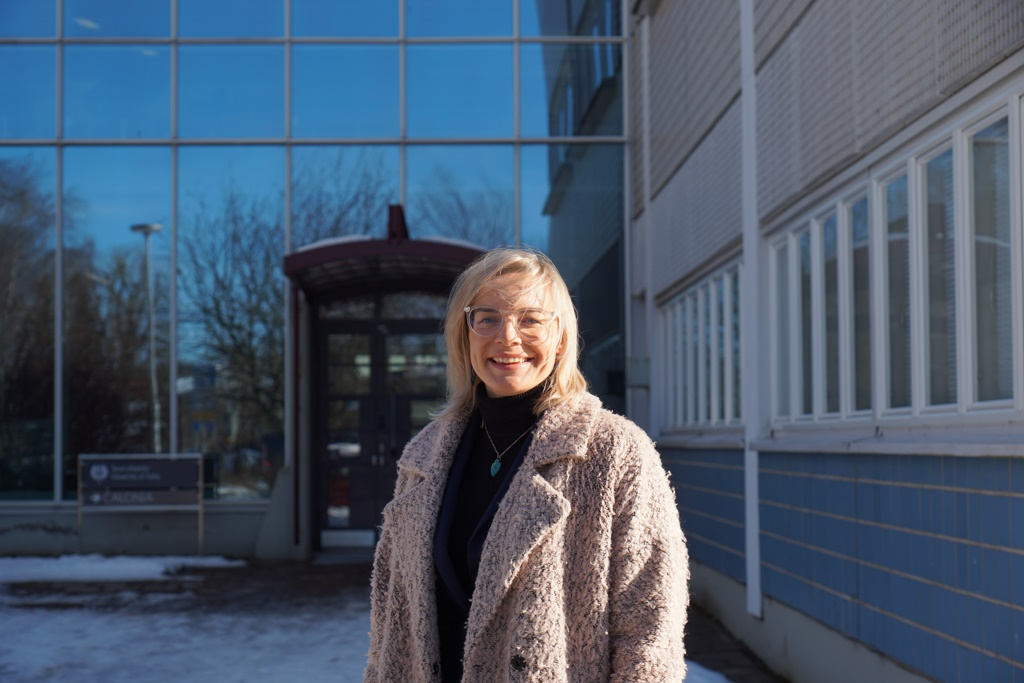
Malik is involved in a research project on sustainability in the forest industry together with professor David Whyte, Anne Alvesalo-Kuusi and colleagues from the University of Turku. Photo: University of Turku / Minna Nerg.
Still, realistically speaking, if not a researcher, I would probably become a language teacher or a translator. During my studies at the Law Faculty in Lodz, I graduated from a two-year program School of German Law. I continued my studies of German law during the postgraduate LL.M studies at the Johann Wolfgang Goethe Universität in Frankfurt am Main. Later, I have studied Legal translation (German – Polish) at Adam Mickiewicz University in Poznan. These experiences facilitated my comparative research on CCL laws in Poland and Germany, while providing a good basis to develop an alternative career as a legal translator.
Still, given my passion for teaching I can imagine being a language teacher as well. In fact, my first experience in teaching dates back to 2002, when I started to tutor elementary school students in German and English. At the time, I was myself a high school student. The tutoring activity has immensely contributed to my own learning of these foreign languages. I channel a similar approach in my professional teaching at academic level.
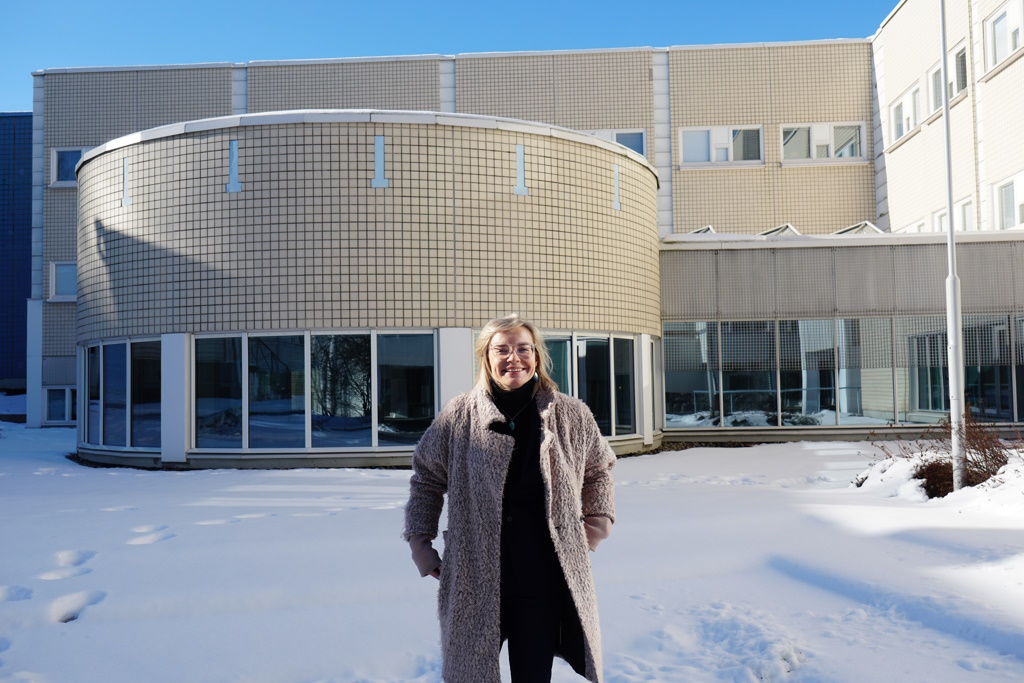
Malik is inspired by people’s efforts to prompt progressive change. She also finds teaching future practitioners rewarding. Photo: University of Turku / Minna Nerg.
What inspires you?
In terms of research, I am inspired by the efforts of individuals and groups to prompt progressive social change. In that sense, I always feel inspired when interviewing workers, trade unionists or labour inspectors and other street-level regulators. In addition, I find teaching extremely rewarding. Teaching future practitioners to understand power relations that underpin the legal and regulatory mechanisms that facilitate social injustice might help to counter the normalisation of socially mediated harms, which are at the core of my research interest. Here, I see important correlation between the comparative approach, meaning-directed learning and critical legal thinking.
Aside of work, I am inspired by nature. I am a passionate mushroom forager. In autumn, I can spend hours wandering through the forest. Finally, approximately two years ago, I discovered sport climbing and I cannot stop climbing ever since. If not in Calonia, or in the forest, you will find me in the climbing gym in Kaarina.
